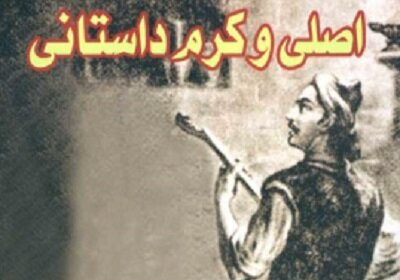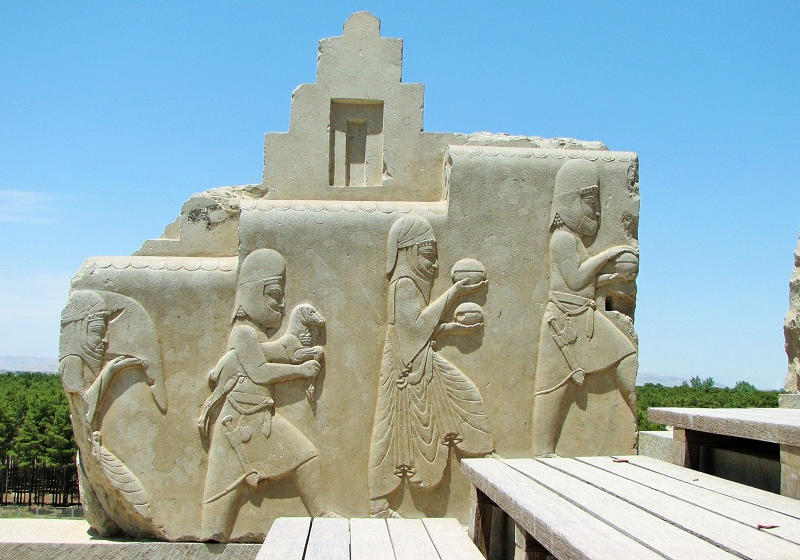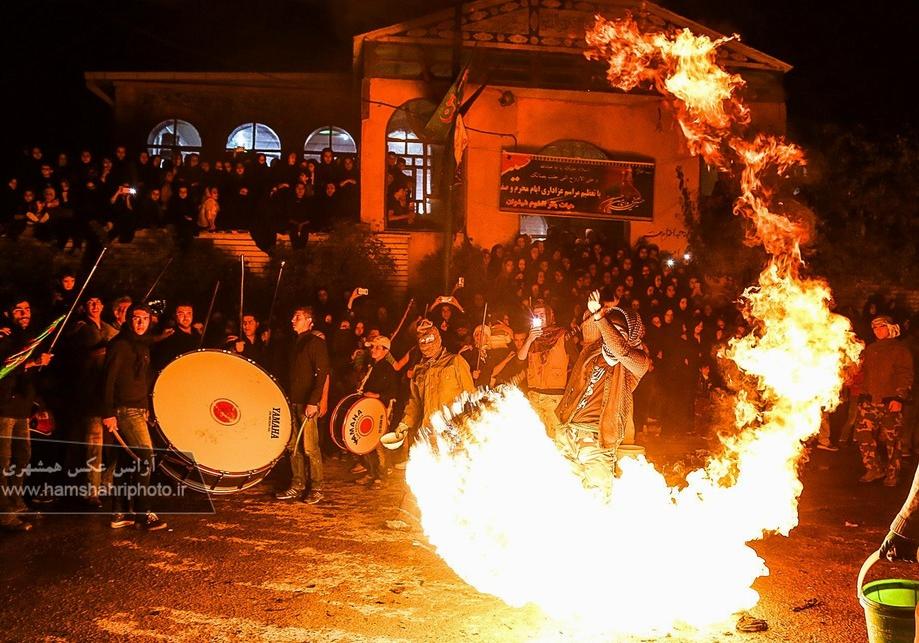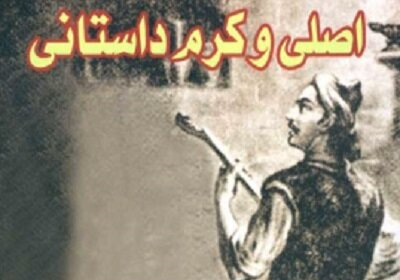
Shahnameh Khwani
It may not be possible to point out a date for the custom of reciting the Shahnameh, but this tradition certainly has a very long history. As mentioned by Ferdowsi in his Shahnameh, the composition of this great work was completed on March 8, 1010 AD. During that period, Iran was under the occupation of foreigners and Iranians underwent difficult times. At the same time, some poets engaged in eulogizing the kings of the time for their livelihood. It has been recorded in history that 400 poets served in the court of Mahmud of Ghaznavi (reign from 998 to 1002 AD), but, despite being a great poet of the era, Ferdowsi refused to do so, because his concern was Iran’s honor and the stability of the Persian language. He knew that following the invasion of Iran by the Turks, he had to save the Persian language, otherwise there would be no trace of it. In his lasting book, Shahnameh, Ferdowsi mentioned the greatness of his work and as rightly said by him, Shahnameh has become one of the greatest legacies in the history of Iran. Shahnameh is so important that the custom of “Shahnameh Khwani” has become a part of the Iranian culture.
Different Aspects of Shahnameh Khwani
The art of reciting the poems of the Shahnameh in a special manner has been a part of the Iranian culture since the distant past. Those who performed it had a special place in Iranian society, and they were even invited to gatherings of nobles for performing it. It was believed that reciting the poems of Shahnameh could strengthen the spirit of chivalry and chastity and have a good effect on children’s upbringing.
Shahnameh can be regarded as the constitution of Iranian culture. It teaches patriotism and ethics and enlivens the history of the past for today’s people. Thus, reading the Shahnameh can inspire speaking the truth and behaving righteously. Ferdowsi’s words in the Shahnameh are not merely limited to the expression of valor and bravery but also manifest the change in man’s condition in accordance with the differences in time and place.
The 60,000 verses of Shahnameh have been composed in a way that expresses the epic in the best possible way, and therefore, reciting the stories of Shahnameh, whether they narrate epics or emotional and sad events, by raising and lowering the tone of the voice or reciting them with different speed, conveys different moods to the audience.
The success of a reciter of Shahnameh depends on the way he conveys the feelings. He should know the text of this book well, be familiar with the vocal nuances, and be aware of the conditions of the time in which Shahnameh was born.
Shahnameh Khwani and Naqqali (Minstrelsy)
Shahnameh Khwani is different from Naqqali. Naqals used to perform in teahouses and had face-to-face audiences. They would hold a stick and choose a topic and then expand the topic in different ways so that the audience would be entertained and delighted. A Naqqal could narrate a story from Shahnameh, but he was not forced to do so and in describing epic events and battles, he would jump up and down like a warrior and wave his stick in the air like a sword like a soldier who fought in the battlefield. Even would even drop himself to the ground and moan to demonstrate the fall of a hero.
Shahnameh Khwani, however, is considered a public practice and is less similar to a solo performance. Various styles of reciting Shahnameh have emerged in different parts of Iran, and in most of them, the movements are not as exaggerated as what is seen in Naqqali. A Shahnameh reciter tries to convey feelings with his tone and relies less on gestures. In some regions of Iran, reciting Shahnameh is accompanied by playing musical instruments such as kamancheh and is performed on vocal dastgahs such as Chahargah and Mahur.
The art of reciting the poems of the Shahnameh in a special manner has been a part of the Iranian culture since the distant past, and those who performed it had a special place in Iranian society and were even invited to gatherings of nobles for performing it.
| Name | Shahnameh Khwani |
| Country | Iran |
| Type | Artistic |
| Registration | National |
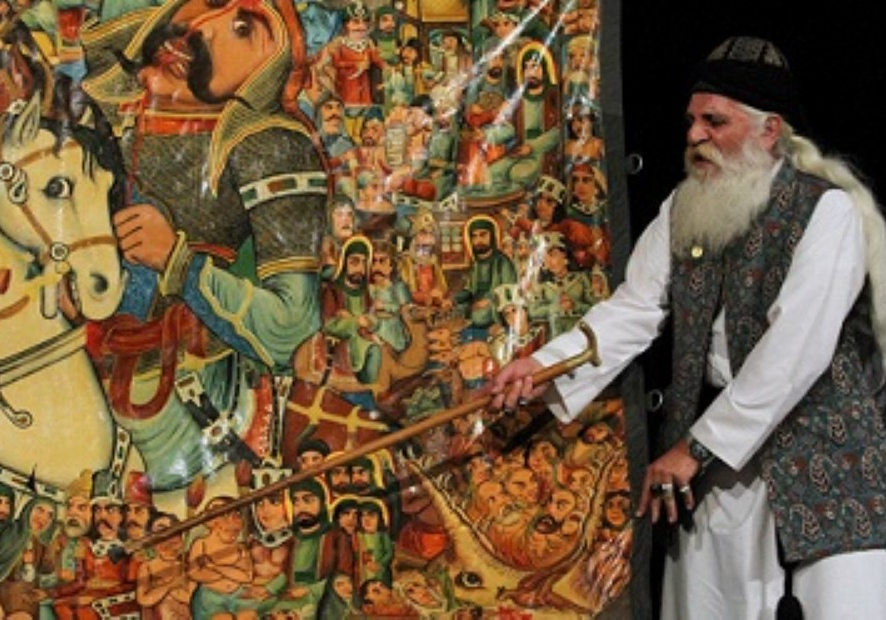
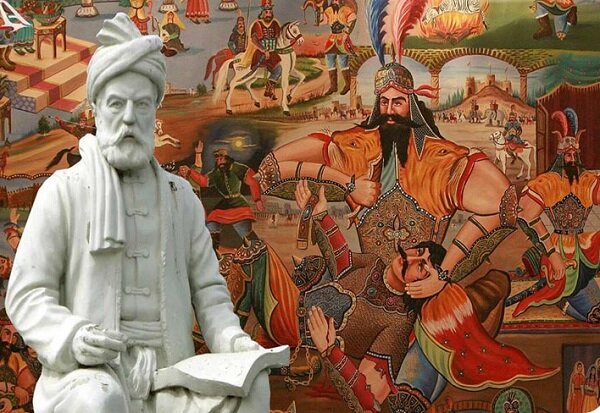


Choose blindless
Red blindless Green blindless Blue blindless Red hard to see Green hard to see Blue hard to see Monochrome Special MonochromeFont size change:
Change word spacing:
Change line height:
Change mouse type:
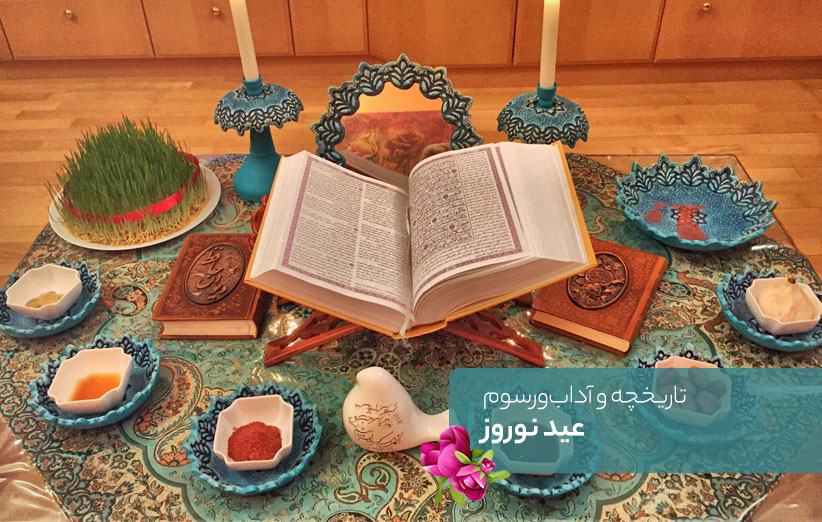
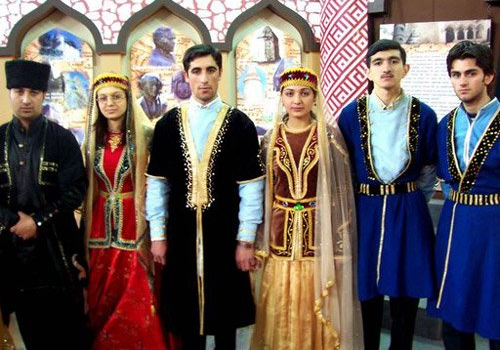
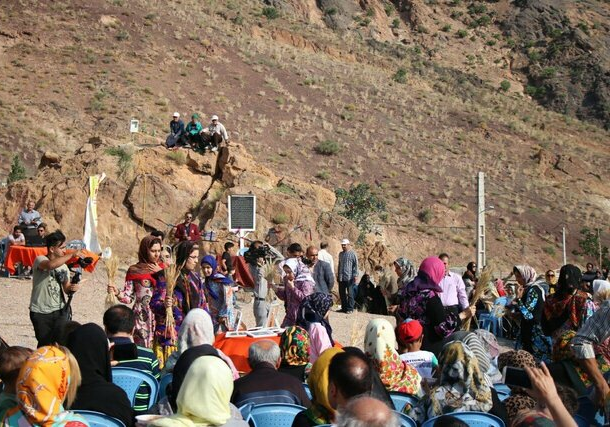
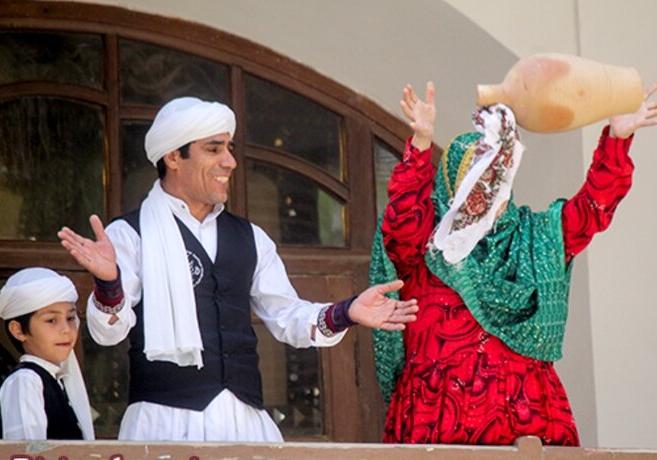
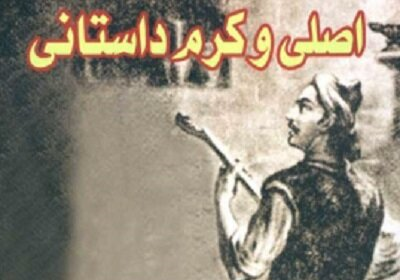
.jpeg)


